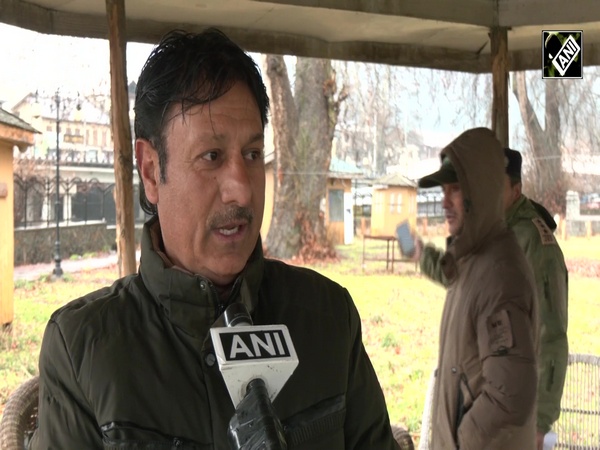Pakistan: Sindh's economy stagnant in comparison to Punjab, Khyber Pakhtunkhwa
Nov 01, 2021

Karachi [Pakistan], November 1 : Compared to Pakistan's provinces of Punjab and Khyber Pakhtunkhwa (KP), the economy of Sindh has remained stagnant and it has regressed in certain key sectors, such as public transport and provision of safe drinking water.
"No one can contest the widening development gap between Sindh and Punjab. The biggest province has its own set of problems, but there has been for sure an incremental pace of development irrespective of the government in power for the past 40 years. It can't be an accident that most social indicators in Sindh are trailing those in Punjab," said an observer who rued the removal of Hyderabad and Sukkur from the list of 10 biggest cities of Pakistan, reported Dawn.
With such a sharp difference of opinion, where does one draw the line as a performance marker for Sindh?
Playing down the absence of credible data on the state of the provincial economy, officials blamed the federal government of Imran Khan, reported Dawn.
"With deep ethnic divisions in society, Sindh is not an easy province to govern. There are a host of factors holding Sindh back, but the federal government's hostility and interference aggravate the situation. Besides, the slow and insufficient federal transfer of funds to Sindh disrupts the provincial government's plans and projects," a senior officer argued anonymously.
During the first three-and-a-half months of the ongoing fiscal, Sindh received about nine per cent less than the committed funds from the federal government, reported Dawn.
According to details, gleaned from the updated official documents available with Dawn, Sindh received Rs 230.1 billion till October 15 against the proportionate transfer target of Rs 253.6 billion, posting a shortfall of Rs 23.5 billion. In 2021-22 the federal government has committed to transfer Rs 869.6 billion to the province.
In the July-Sept quarter, Sindh spent Rs 234 billion of its annual budget of Rs 1.6 trillion. It spent Rs 191 billion of a total Rs 1.13 trillion on account of recurring expenditure, and Rs 43 billion of the Rs 516 billion annual development budget, reported Dawn.
Moreover, the observers and businessmen in urban Sindh, not particularly fond of the ruling party (Chief Minister Murad Ali Shah), were confused by the government's handling of the health challenge.
"It is baffling that a team with the proven capability of managing natural calamities fails so miserably in fulfilling its basic responsibility of providing basic amenities to the people," many of them argued.
In a private conversation a while back, Shah stressed that there was a huge scope to improve the quality of public service delivery and the accessibility of civic amenities. He simply smiled when asked what was stopping him, reported Dawn.




















